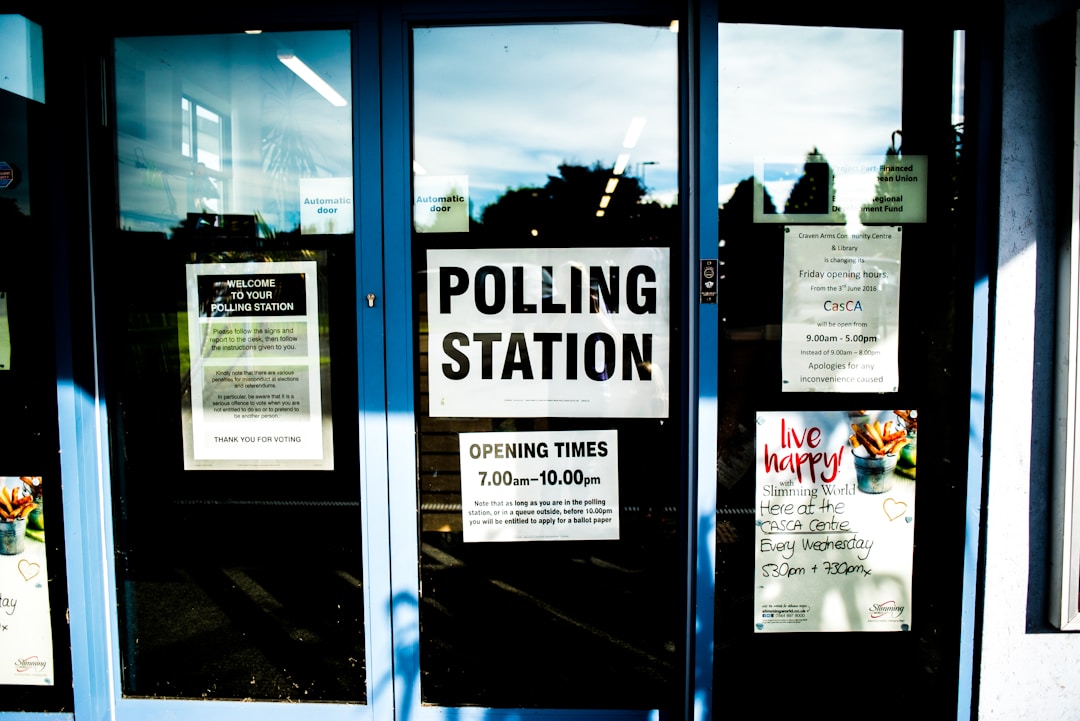Participation and representation is affected by socio-economic status
Politics is dominated by people with more education and social and economic capital. As a result, it is not genuinely representative of everyone in Britain, and it is particularly unrepresentative of people with fewer economic resources and lower social status, as well as in terms of gender, ethnicity, disability and so on. There is also plenty of evidence that democratic participation (such as voting rates in general elections) is lower among more disadvantaged groups and in more unequal societies, although it is hard to tease out the extent to which this is reflective of a lack of ‘equal consideration’, i.e. the denial of fair opportunities for certain groups to participate in the democratic process.
Reductions in social status or influence damage support for democracy
Turnout at general elections remains low, and increasing numbers of people are voting for right-wing populist parties. These changes are particularly pronounced in groups who feel that their social status relative to other groups has declined, and that they have less influence than other groups over policy decisions. Although most people feel proud of our democracy and democratic values, a large majority are unhappy with how the system works, and feel that the ‘political elite’ don’t care about them and operate by a different set of rules. Many people, especially those in more disengaged groups in society, are frustrated by a democratic system that isn’t doing enough to make their lives better, and feel let down by politicians.
Political inequality also entrenches socio-economic inequality
The causal chain also works in reverse, creating a vicious cycle. There are many opportunities for groups with more wealth and power to exercise undue influence over how and what decisions are made, including through lobbying and political donations. For example, government policy on housing is strongly influenced by large donations from, and concerted lobbying by, individuals and companies with substantial property interests, which makes it less likely that policies will be adopted that will enable more people to live in decent homes, such as building more social housing.







